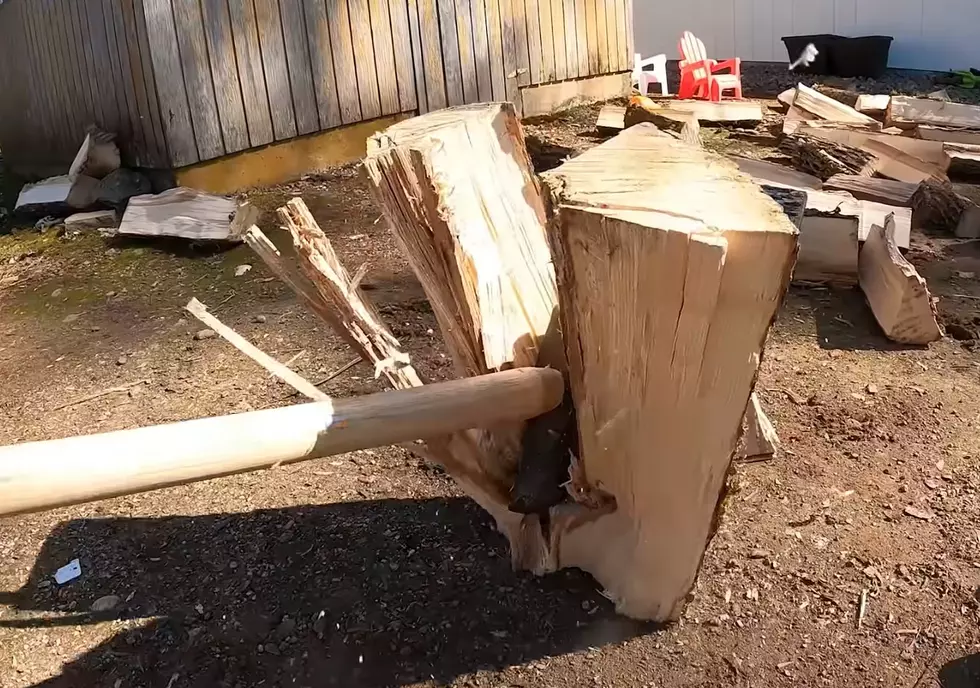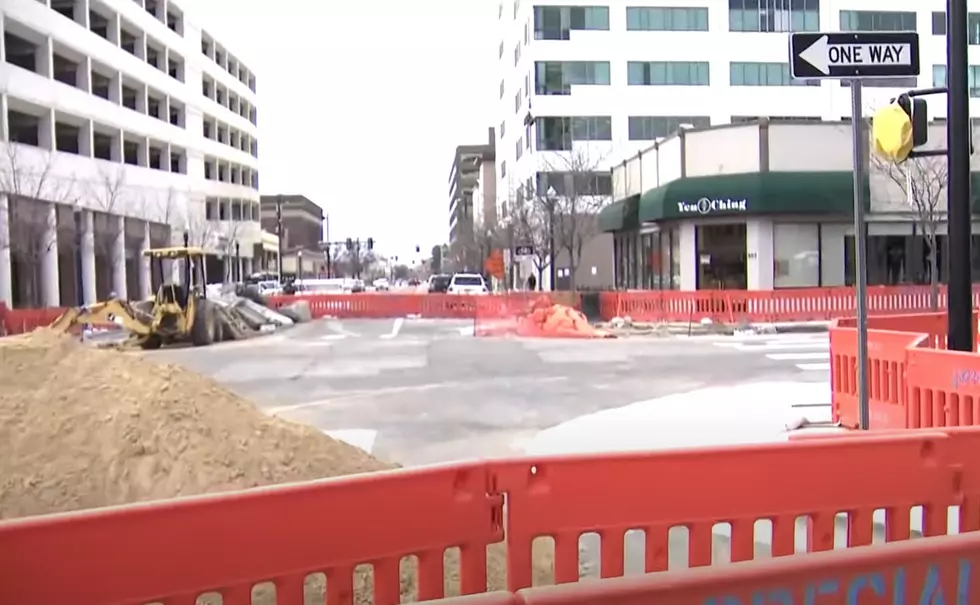
This Weed Found In The Boise Foothills Can Make You Go Blind
I'm not much of a hiker but from time to time I enjoy a getting out and hitting the trails. In my opinion this makes me dangerous enough to get myself in trouble. If you're like me and enjoy taking advantage of the beautiful outdoors that Idaho has to offer including hiking, you need to know about this weed in the Boise foothills that can make you go blind. The weed is called Myrtle Spurge and is described as green plant with yellow flowers.
“When you break the branches there is this leaky, milky sap that comes from the plant and it's that sap that is caustic," said Martha Brabec, foothills restoration specialist for Boise Parks and Recreation in a ktvb interview. "If you break the plants' branches and you get that sap on your hands, that can burn you, or potentially if it got on your hands and got it in your eyes it would be problem, and obviously don't eat the sap.”
This time of year when we're all getting outside this can be hazardous to our kids, pets, livestock and of course to ourselves. If you're not an experienced hiker please take precautions and avoid this plant at all cost. If you're an experienced hiker and want to make our foothills safer you can become a certified weed warrior and make a difference in our community, details below from the city of Boise website.
"To become a Certified Weed Warrior Volunteer (and be authorized to remove NNIs anywhere on City of Boise property on your own schedule), you will need to complete an in-person training. If you cannot make either of the training times offered, email Martha Brabec (mbrabec@cityofboise.org). She will work with you directly. Training on both dates will be held at the Jim Hall Foothills Learning Center, 3188 N Sunset Peak Place."




